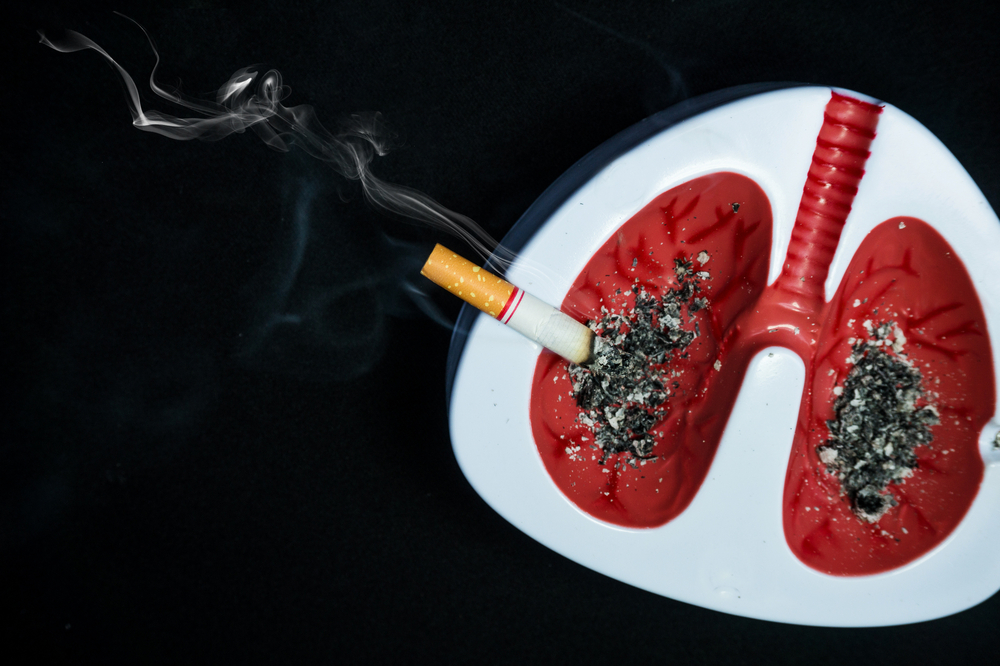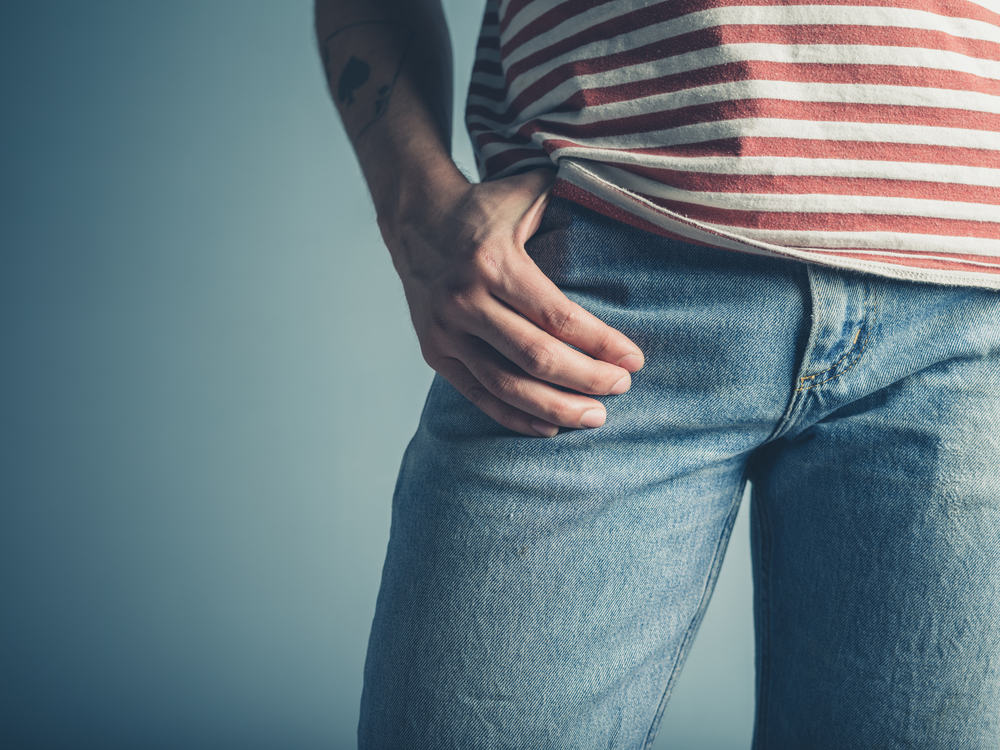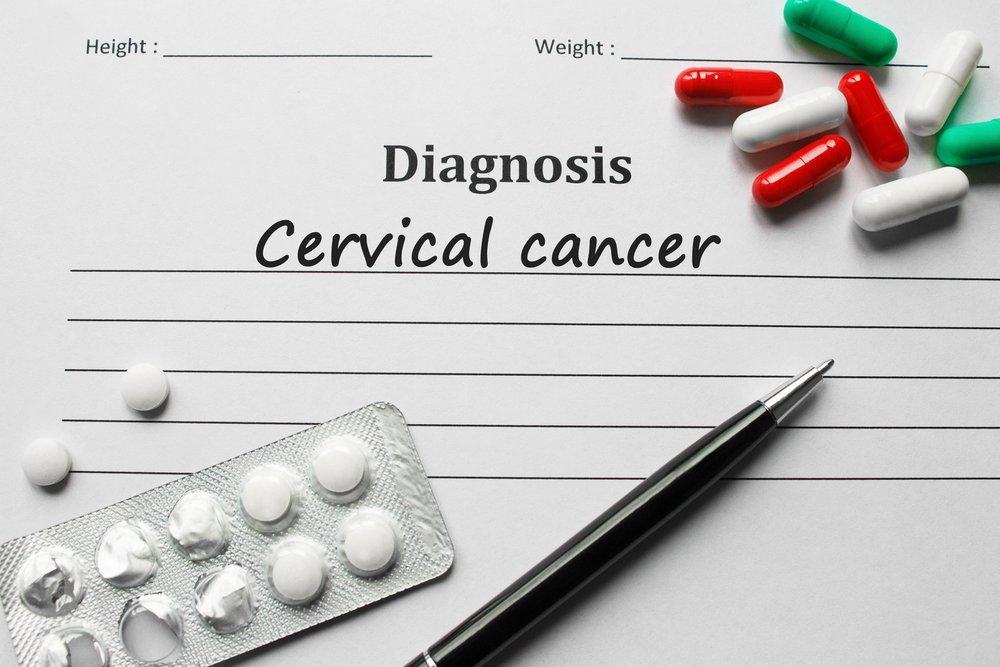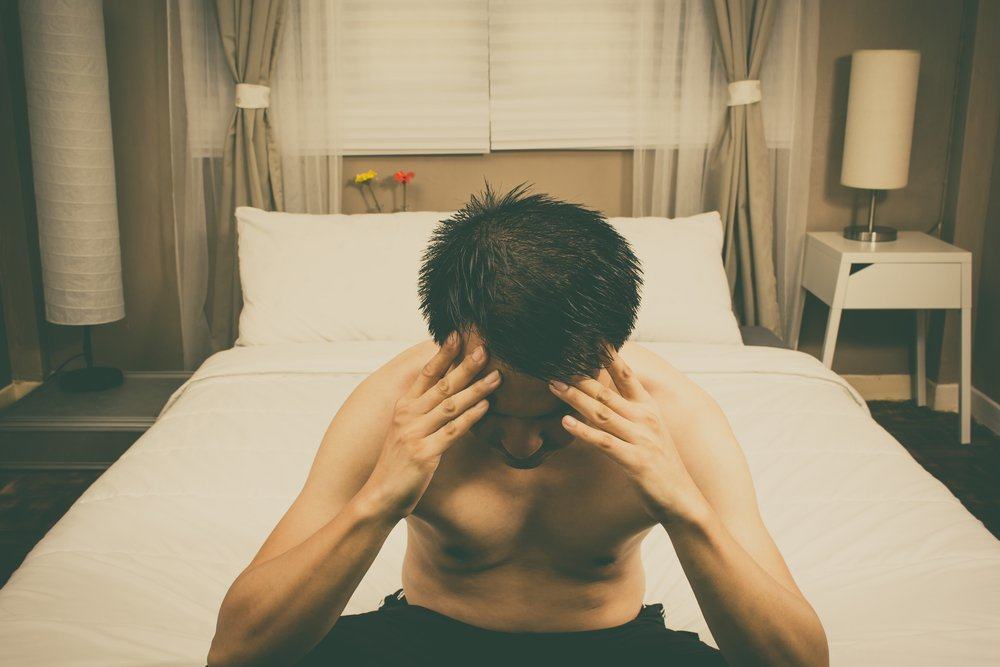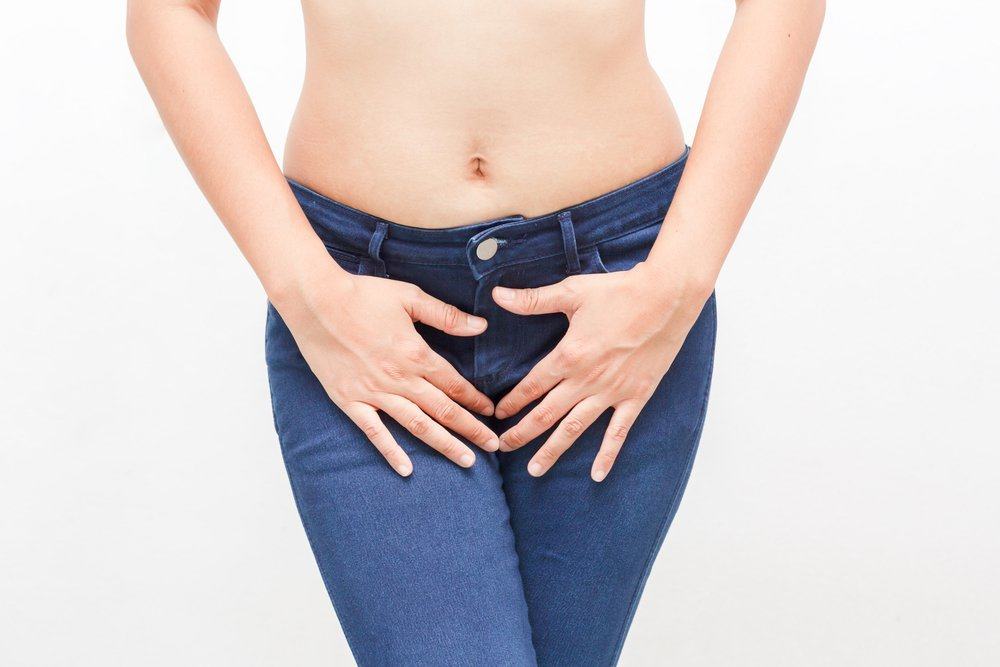Contents:
- Medical Video: Stop Smoking : How to Rebuild the Lungs After Quitting Smoking
- 15 days after quitting smoking, lung mucus production begins to return to normal
- Shortness of breath and wheezing will improve 1-2 months after quitting smoking
- What about the risk of lung cancer
- It's never too late
Medical Video: Stop Smoking : How to Rebuild the Lungs After Quitting Smoking
Smoking has very extensive adverse effects on the body, especially in the lungs and respiratory tract. Once a person inhales the chemicals contained in cigarette smoke, the soft layer of the lungs becomes irritated and inflamed.
The lungs of a smoker also experience increased production and thickness of mucus. Because the function of cilia in cleaning mucus is slower than its production, mucus accumulates in the airways, blocking it and can trigger coughing. This buildup of mucus can also cause lung infections such as chronic bronchitis.
Well, if you have been a heavy smoker for a long time, is your lung condition still possible to recover after quitting smoking?
15 days after quitting smoking, lung mucus production begins to return to normal
Research published in "European Respiratory Journal"In 2004 stated that former smokers had fewer mucus-producing cells compared to active smokers. This shows that quitting smoking can reduce the number of these cells, and thus reduce the amount of phlegm produced.
Although often underestimated, mucus plays an important role in maintaining lung health. A thin layer of mucus lining the airways, serves to filter harmful substances and germs. Under the mucus layer there are cells that have fine hair called cilia, which function to remove mucus from the lungs to the throat.
Smoking can make the cilia damaged and hampered, thus weakening this natural protective mechanism and increasing the likelihood of lung infection.
In a study published in 2011, it was stated that the mechanism for cleaning mucus can return to normal about 15 days after quitting smoking. This improvement process can explain why some people cough with more phlegm on the first few days after they stop smoking.
Shortness of breath and wheezing will improve 1-2 months after quitting smoking
Another consequence of smoking is that it can reduce the flow of air entering and leaving your lungs. This can be seen by using the FEV1 pulmonary function test, which is the amount of air that can be exhaled for the first second by force.
Smokers usually have abnormal FEV1 values, which indicate a blockage of air flow. This occurs because of a narrowing of the airways caused by a buildup of mucus or swelling due to inflammation.
According to a study in the respiration journal 2000 to 2006, quitting smoking can improve FEV1 values within 1 week. Then wheezing and shortness of breath will begin to improve within one to two months after quitting smoking.
What about the risk of lung cancer
National Cancer Institute in America reported that cigarette smoke contains at least 69 cancer-causing substances. Therefore, smokers are much more likely to develop lung cancer than non-smokers. The risk of lung cancer also increases the longer you smoke in your life, and how many cigarettes are smoked every day.
Quitting smoking can reduce the risk of lung cancer, but the reduction in the risk of lung cancer occurs more slowly than the reduction in the risk of other lung diseases due to smoking.
A study published in Journal of Medical Meeting in 2015, noted that the risk of lung cancer after quitting smoking for 10 to 15 years, which is about half compared with lung cancer risk in people who are still actively smoking. However, this risk is still around 15 times higher than people who have never smoked.
Although the risk of lung cancer slowly decreases with the length of time you stop smoking, it will never be the same as people who have never smoked at all. However, the sooner you stop smoking, the lower your risk for lung cancer.
It's never too late
Now that you realize how to stop smoking can improve and even deal with many harmful effects on the lungs, you may be more confident to quit smoking than before.
If your attempt to stop smoking doesn't work for the first time, it's never too late to try again. Damaged lung problems cannot be replaced, but you can prevent further damage by quitting smoking.

